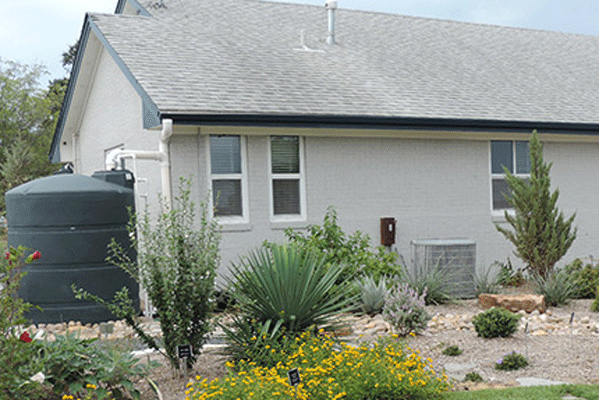
The rainy season is upon us but before we think of purchasing umbrellas and rain coats, there is need for us to really think of how best to stock the precious liquid for future use.
environment By Kennedy Nyavaya
We have been careless with the little we got all year round and now most of our dams and other major water sources in the country are running dry fast while we might have to wait a little longer before the heavens open up.
It is no secret that the unprecedented El Niño-induced drought that hit the country during the last rainy season contributed immensely to the current water shortages, but we are partly responsible too.
Water is life and it ought to be preserved all the time but there has not been enough done in the country to preserve it.
Concerns like failure by local authorities to provide water to their residents stand out. But the major cause of water shortages is that sources are overwhelmed.
Livestock has not been spared either as many cattle are dying in most parts of the country, especially in drought-prone areas like Matabeleland South and North provinces as well as in the south eastern part of the country.
Bulawayo City Council recently released a tight water rationing schedule which paints a clear picture of how water levels at some of the second largest city’s major sources like Umzingwane and Upper Ncema dams have dropped to critical levels.
- Chamisa under fire over US$120K donation
- Mavhunga puts DeMbare into Chibuku quarterfinals
- Pension funds bet on Cabora Bassa oilfields
- Councils defy govt fire tender directive
Keep Reading
The situation is not any better in the capital city as the Harare City Council is failing to provide water in areas such as Hatfield, Borrowdale and Mabvuku, among others.
However, in Chitungwiza some suburbs have gone for close to five years without running water, while in other areas water is available once a week.
While local authorities are to blame for water shortages, residents have also been found wanting in some instances. There are cases where residents have failed to preserve the little water that is made available to them by councils.
We cannot really change the past, but we can work on mitigation measures to ease the shortages and one way that we can do that is rainwater harvesting.
Rainwater harvesting can be explained as “the collection of water from surfaces on which rain falls and subsequently storing this water for later use.”
While this may seem an easy thing at face value, it is not being done extensively in the country.
By capturing water directly, we can significantly reduce our reliance on water storage dams. This would also place less stress on water sources and can potentially reduce the need to expand them or build new ones.
This can also be good for our pockets as we may minimise on the money used for paying water rates to local authorities.
In other places water collected is redirected to a well, borehole or reservoir for storage. The water can be used for watering gardens, livestock and domestic use. The harvested water, if safely stored, can also be used for drinking.
Rainwater harvesting might help raise the country’s depleted underground water levels since most communities now rely on borehole water.
There is no doubt that harvesting water can save Zimbabweans in the wake of socio-economic problems. It could also help mitigate drought effects and ease chances of conflict between the rich minority who can access water at any cost and the impoverished majority who cannot.
Surprisingly, a civil instability can be triggered by water shortage, according to the United Nations deputy secretary-general Jan Eliasson.
“Droughts reduce agricultural production and lead to rising prices in the marketplace. When staple food prices rise, civil unrest can follow. Water easily becomes a source of conflict when this precious resource is inequitably allocated,” Eliasson said last month.
Diseases like cholera can also emanate from water shortages, hence the need for all to harvest rain water this rainy season.
It is high time government, local authorities and citizens work together to avert water shortages. A reflection among all Zimbabweans to rethink what role we can play to meet local authorities halfway in their efforts is also an essential starting point.
For feedback, email: [email protected]











